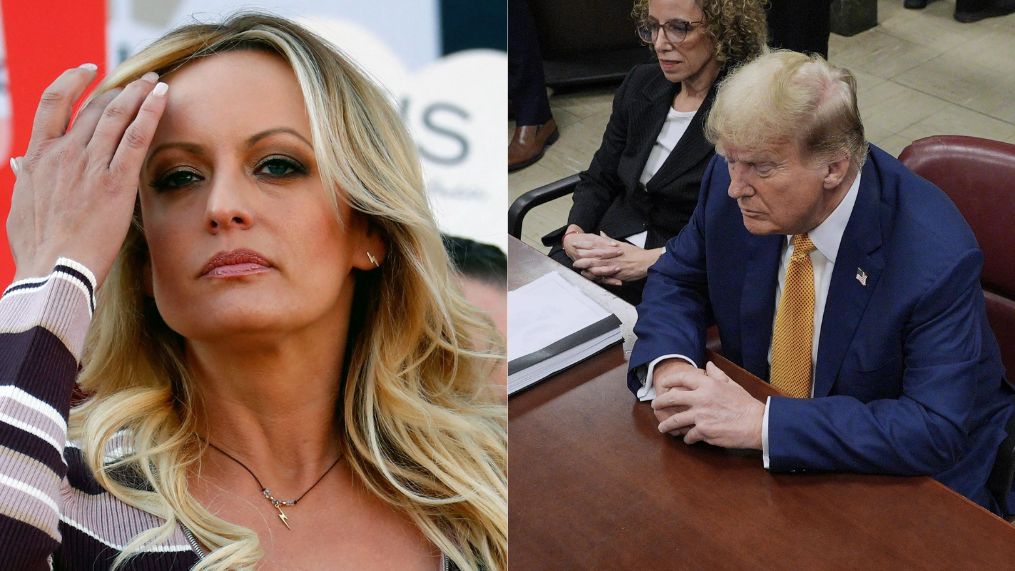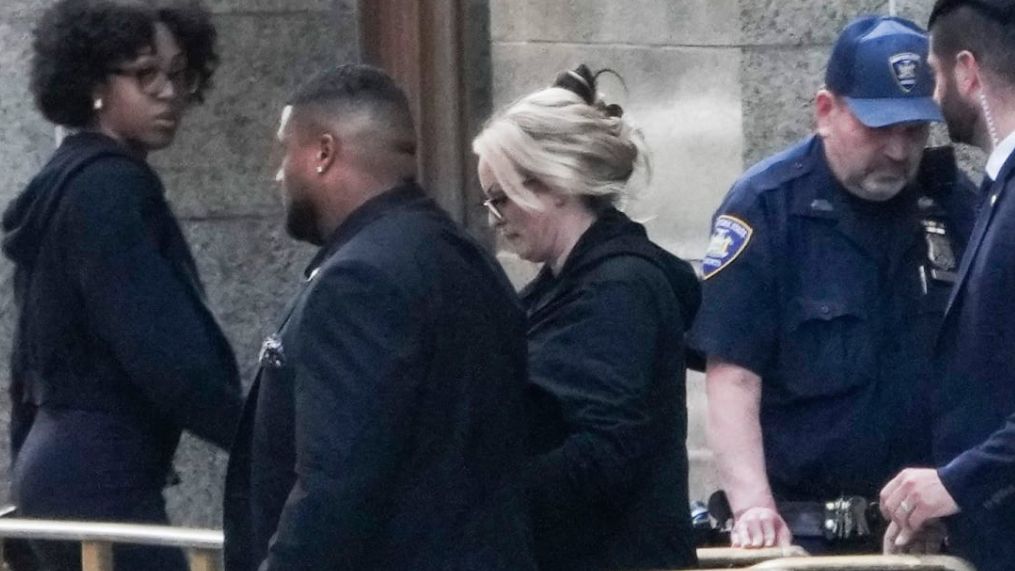In the first criminal trial involving a sitting or former U.S. president, Donald Trump‘s lawyer scrutinized Stormy Daniels‘ testimony about a 2006 sexual encounter with Trump.
Daniels’ account, which implicated Trump in alleged payment cover-ups, aimed to sway jurors amidst his bid to reclaim the White House.
Despite rigorous questioning by defense lawyer Susan Necheles, Daniels maintained the consistency of her narrative, countering attempts to portray her as unreliable.
Trump, facing 34 counts of falsifying business records related to payments to Daniels, vehemently denies any sexual involvement with her. He frames the trial as a political ploy to sabotage his election campaign.
Prosecutors argue Trump’s attempts to conceal payments influenced the 2016 election outcome, underscoring the trial’s significance amidst ongoing political tensions.

The defense sought a mistrial, contesting Daniels’ detailed testimony’s relevance to the case. However, the judge denied the motion, emphasizing the jury’s role in assessing credibility.
Trump’s public comments on the trial prompted requests to loosen gag orders, which the judge rejected, underscoring the trial’s procedural rigor.
Despite facing fines for violating the gag order, Trump’s legal team maintains his innocence, challenging Daniels’ credibility.
Madeline Westerhout, a former White House aide, testified about Trump’s financial transactions, further intensifying the trial’s scrutiny.
As the trial unfolds, the stakes remain high for Trump, embroiled in legal battles that could impact his political future.





